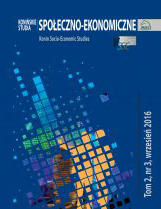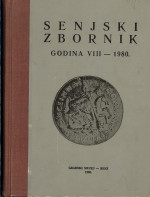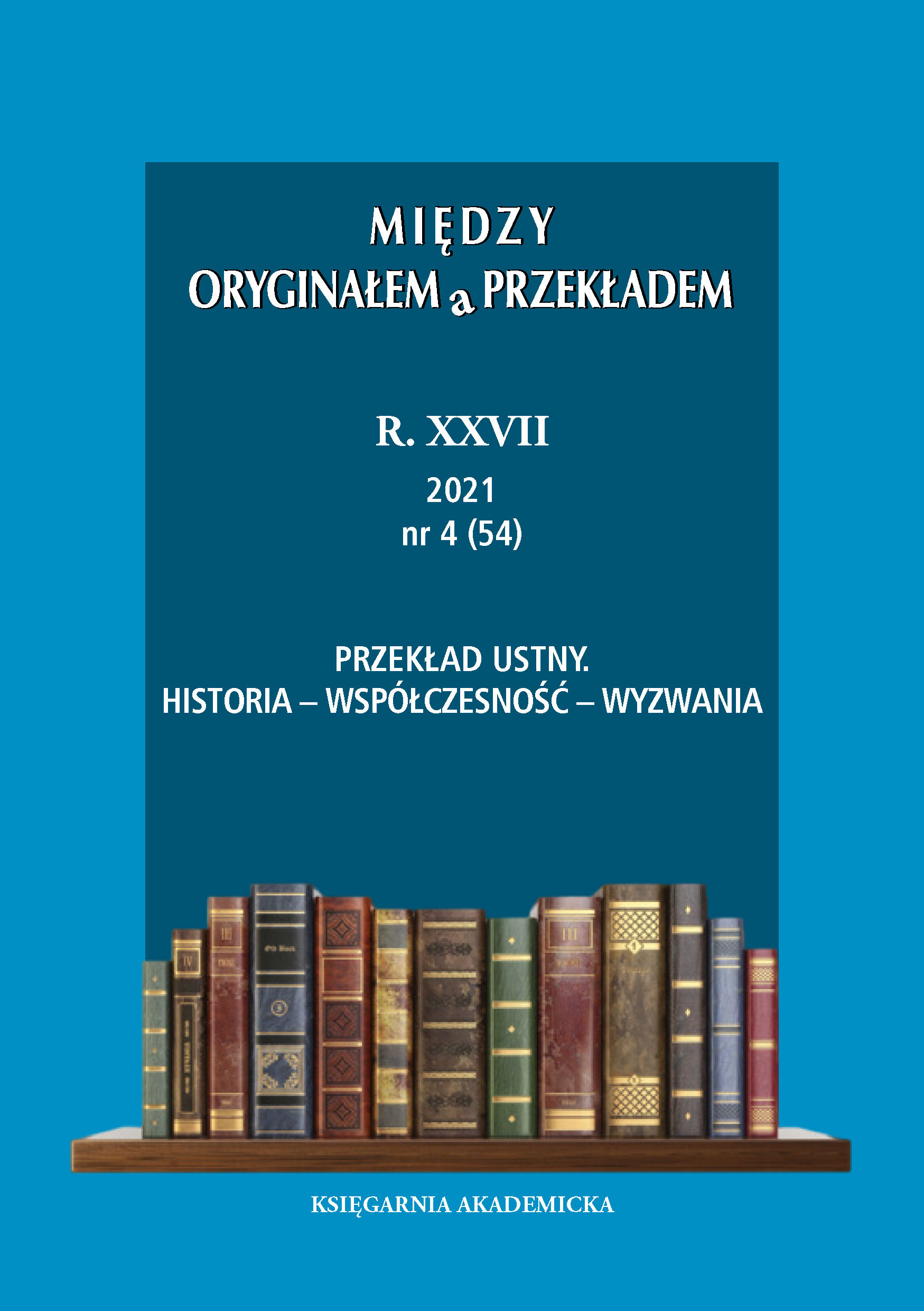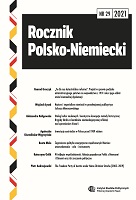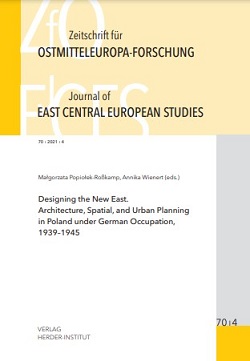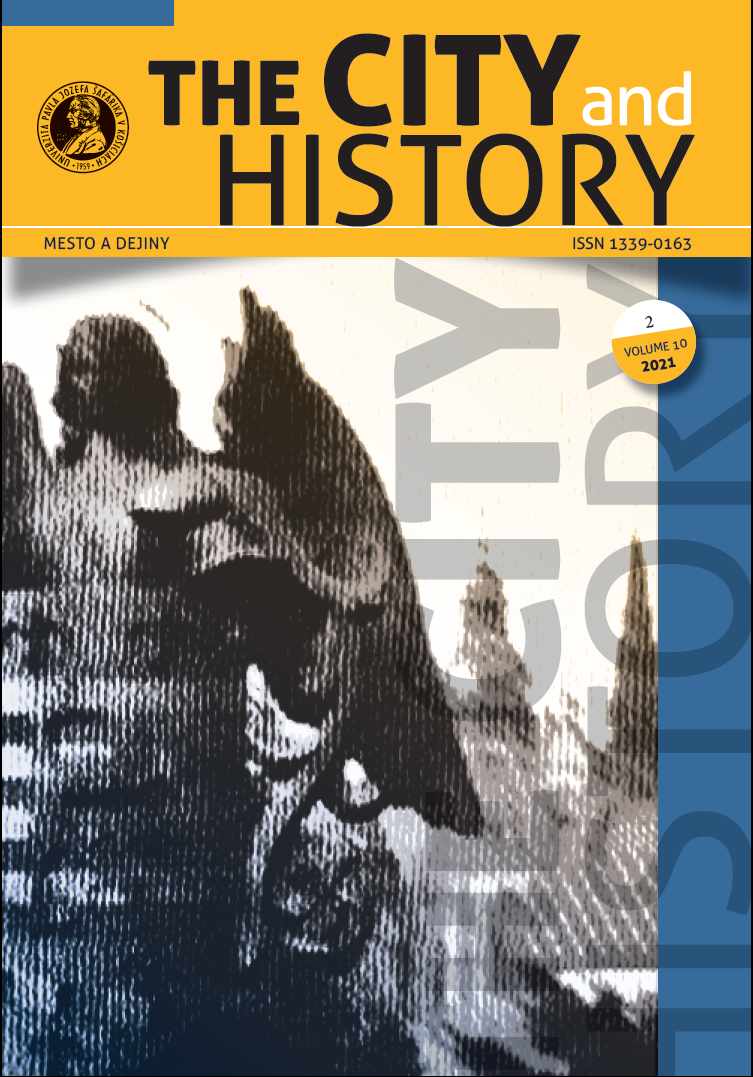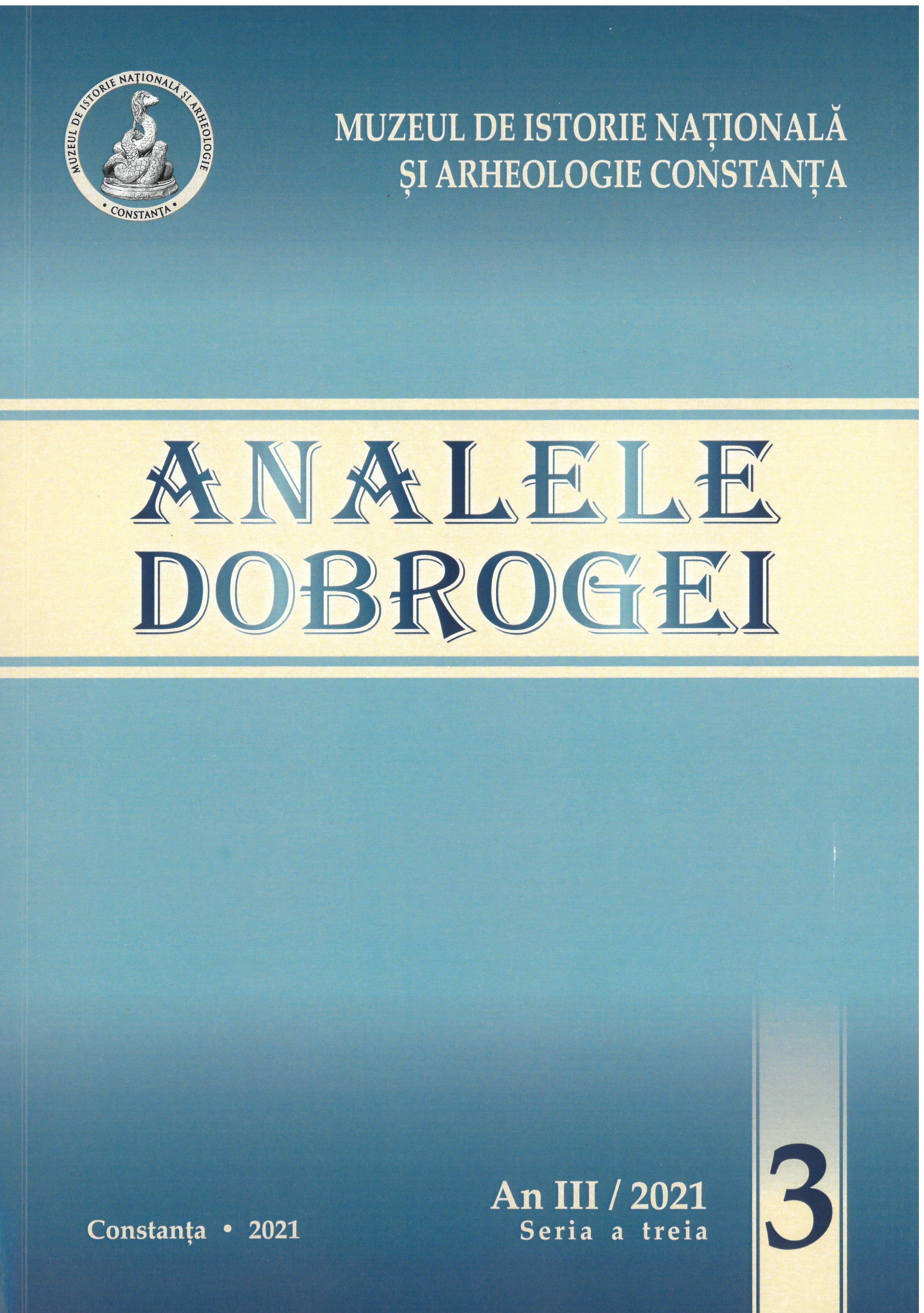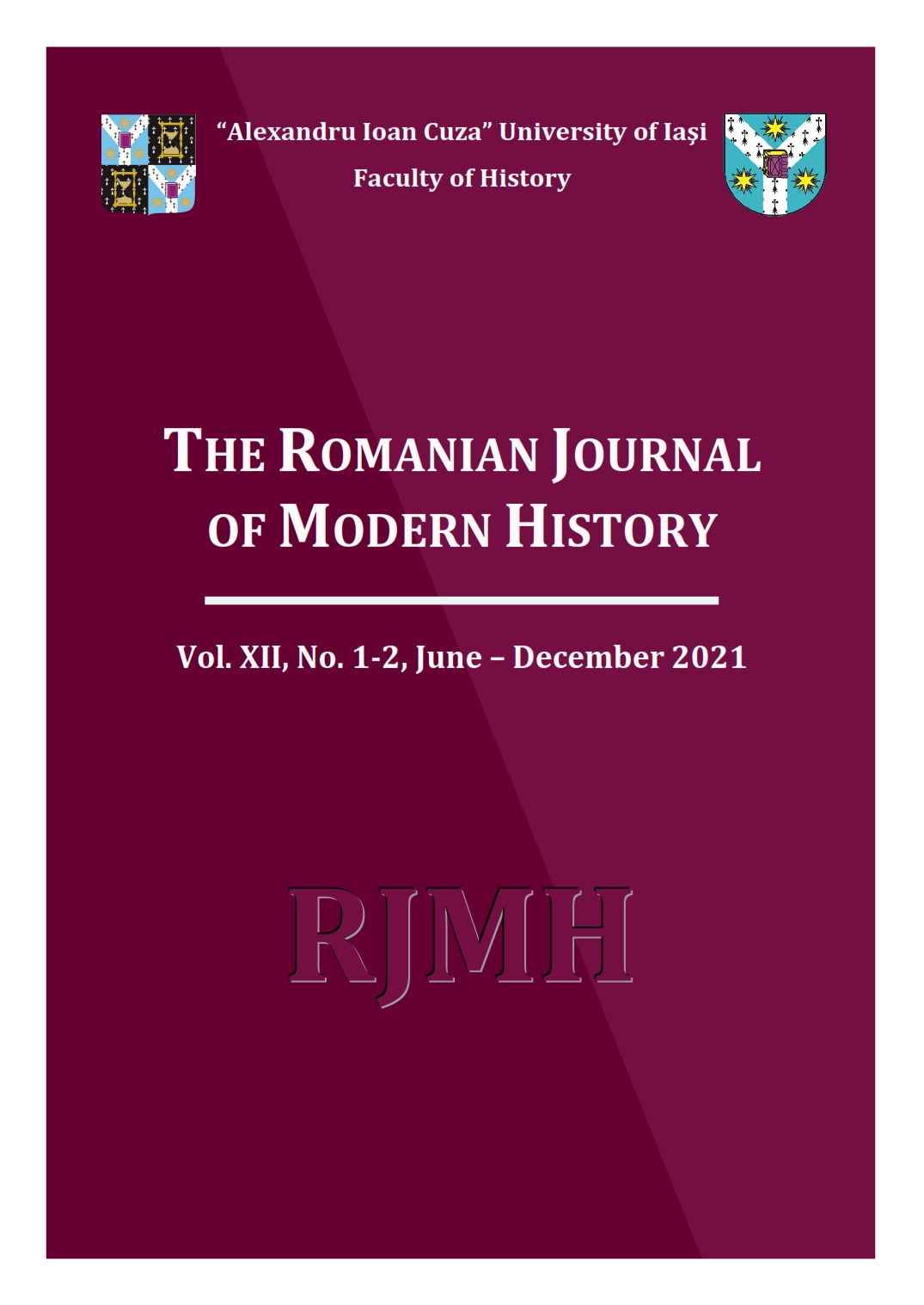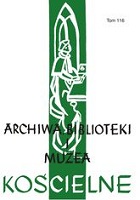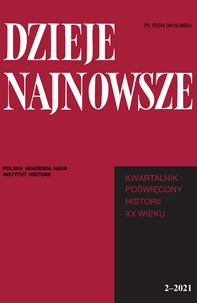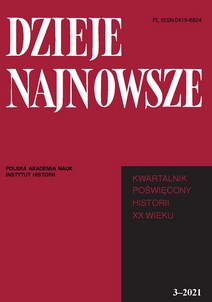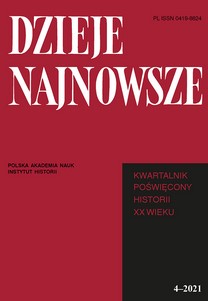Author(s): Delia-Roxana Cornea / Language(s): Romanian
Issue: III seria3/2021
Since the time of King Carol I and Queen Elizabeth, Constanța had slowly but surely emerged as one of the favorite destinations of the Romanian Royal Family for leisure. In 1927, the Constanța city council offered Ferdinand Iand Queen Maria, as a sign of appreciation, a plot of land in Mamaia, where the new royal palace would be built. Inaugurated in the summer of 1927 by King-child Mihai I and his mother, Princess Elena, the residence in Mamaia soon became one of the favorite places of the two, where the Romanian family met and where relatives came to visit, friends and members of other royal families. Although he was King, Michael I was first and foremost a child, who naturally liked to play, enjoy the sea and the sun, ride or do other pleasant activities. However, his stays at the sea were never overlooked by the press of the time, careful to record every detail and to immortalize these visits. Famous at the time, the photograph with the child King Mihai I, together with Prince Philip of Greece, riding on the beach in Mamaia, has become very current in recent years, it has become very current, illustrating the close kinship that bound the Romanian Royal Family by other European royal families. After the Carlist restoration, Mihai returned annually to Constanța or to the nearby resorts (Techirghiol, Eforie), being, in fact, the only member of the Royal House who used the Queen's Nest in the Port of Constanța, where - as he confessed in a visit produced sixty years later (1996) -caught guards with local fishermen. The present study aims to illustrate, based on press articles and photographs from the time, kept especially in the notebooks of Queen Maria, the stays of King-child Michael I at sea and how the population and local authorities received these visits.
More...
